Biographies | Show notes | Subscribe on Apple Podcasts | Other listening options
Unexpected Company begins Murder, etc.’s deep dive into the documents, pictures, and stories that Greenville County has never heard about the Looper murders. It includes an interview with one of the last people to speak to Frank Looper, new details of what Looper’s mother told police, a possible explanation for why some eyewitnesses weren’t called at trial, revelations about the crowded crime scene, and a previously unrevealed report that supported the theory that a hit man killed the Loopers. For more, read the show notes or listen to the episode above. For more details not covered in the podcast episode, read KILLER below.

Sheriff Cash Williams was the first to say it publicly.
In the February 2 edition of The Greenville News, a reporter wrote, “Sheriff Cash F. Williams said he is still assuming the shooting was a narcotics-motivated assassination ‘until proven different.’”
Reporters had already started quoting “an informed source” who believed the shooting could’ve been an execution, but Looper’s boss was the first one to allow his name to be associated with the idea that the killings had been more than just a violent robbery in broad daylight, and instead an orchestrated murder to stop the county’s top drug cop.
If Williams and others were right, it wouldn’t be the first time someone put out a hit on a Greenville lawman. It had, however, been a long time.
Contract murder: 1927
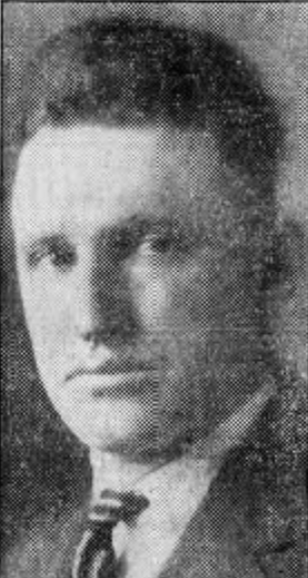
Nearly fifty years earlier, a decorated World War I veteran named Samuel D. Willis was assassinated in his garage. His wife told authorities she saw a black man running from the crime scene. Bloodhounds from neighboring Pickens County searched the area but came up with nothing. Thousands of citizens showed up at the house to rubberneck, mourn, or both. Meanwhile, the newspaper wasted no time pointing out Sheriff Willis’ attacks on the bootlegging trade of Greenville County. Police investigators thought the same and began picking up members of local whiskey rings, one of whom told them Willis had already been warned he would be killed in his garage.
Ultimately, the case stretched on for years and became the stuff of tabloids. The Sheriff’s wife and a deputy were brought up on murder charges, accused of hiding an affair and killing Willis after getting caught. The accused were acquitted by a jury, and it was only years later that a black man admitted having been hired by Willis’ political rival and another law enforcement officer to kill the Sheriff. The black man served life in prison. The two white men convicted of ordering the hit served less than eight years combined.
The notion of the criminal underworld targeting a member of Greenville County law enforcement was nothing new. In the late 1800s and early 1900s, at least four lawmen were killed as a result of raids or ambushes associated with the illegal liquor trade associated with South Carolina’s Dark Corner region. Since that time, however, all of the cops’ recorded deaths were in the routine course of their duties.
In the recent years prior to the murders on Pendleton Street, there hadn’t been a cop killed in more than a year. In 1971, a city officer had died in a shootout in a different neighborhood. In 1973, a man picked up for public drunkenness and put in the back of a South Carolina Highway Patrol cruiser pulled a concealed gun out of his boot and shot the trooper in the front seat.
End of watch
Frank Looper was the thirtieth law enforcement death in Greenville County recorded history, and within hours of his autopsy, his boss was telling the press the first assumption was that the narcotics lieutenant had been killed as a result of his work.
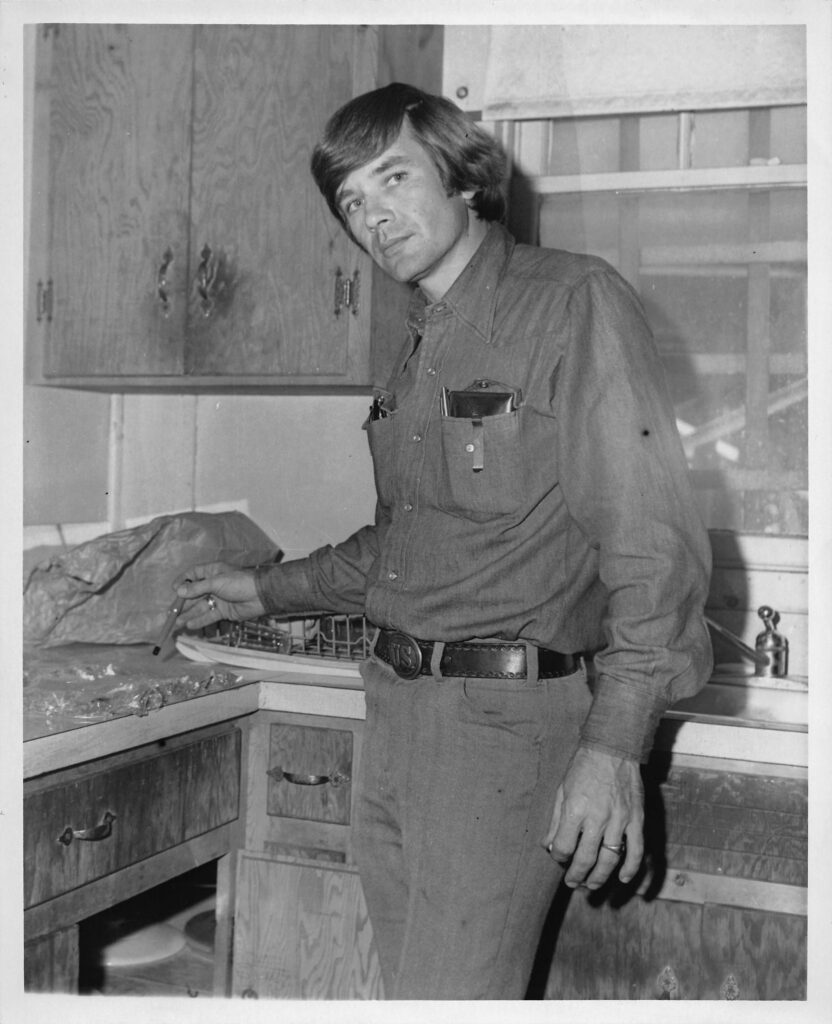
Other police were looking in the same direction. The first news report after the killing cited Lt. Jim Christopher, writing “apparently no money was taken from the garage. That report led to speculation that revenge may have been a motive for the shootings.”
Though a Looper family spokesman said Looper never talked about his investigations and hadn’t voiced concern he was in danger, another Greenville News article quoted Viola Owens, who was sitting on her porch nearby when it happened. The article read, “Mrs. Owens said she did not personally know the Looper family. She said Lt. Looper had come to her house several months ago after someone had fired a shot through the front door of the Looper house.”
Owens told reporters Looper had said someone drove by his house and shot, but she had seen nothing, so he moved on.
Now, in the beginning days of the investigation, the idea that Looper had been a target of the Greenville drug underworld was getting traction.
The Junk Yard Connection
On the night of February 5, officers J.W. Davis and J.L. Dye were on patrol just around the corner from the Looper house when a man walked up to their car on Lois Street. He told them he had something he had to tell them; information, he said, that could help the cops with the Looper case.
The story he told was a curious one. About a week before the murders, he’d heard through a friend that a man named Anthony Outzs was saying a hit man was in town to “rub out a narcotics agent.”
The man on Lois Street said he hadn’t thought much of it at the time based on what he knew of his friend’s stories. But days later as he drove with his friend past Graceland Cemetery and saw the line of cop cars and mourners at the Looper funeral, it came back to him in a flash.
The story he’d heard made sense. Outzs, the informer said, had been busted on a drug charge before, and as the informer had heard it, the hit man was supposed to have been in a red Cadillac with a white top.
The informer then told the officers he didn’t want to get involved unless he had to, but if so, he would.
“We left it at that, not asking his name,” the police wrote in their report. In that same report, the officers had written the words HIT MAN in all caps.
Within a week, however, Greenville police detective Mike Bridges was pushing back, telling reporters he and his fellow investigators had ruled out the possibility a hit man had killed Looper and his father. Bridges had settled on robbery as a motive, believing the elder Looper’s wallet had been stolen.
Bridges believed the idea of a hit didn’t make sense. He couldn’t fathom why the hit man would go in the garage and kill Rufus Looper when he didn’t even know if Frank was home. Bridges continued, wondering how a hit man could be so brazen as to go after a cop who would obviously have a gun. Bridges doubled down, using the same word to describe the criminals as Cash Williams had when asked about the Dixie Mafia four weeks earlier. Bridges said, “I’ll tell you one thing. If it was a hit man he did a hell of a good job making it look amateurish.”
What Bridges didn’t address was one simple fact: every hit man was once an amateur killer.
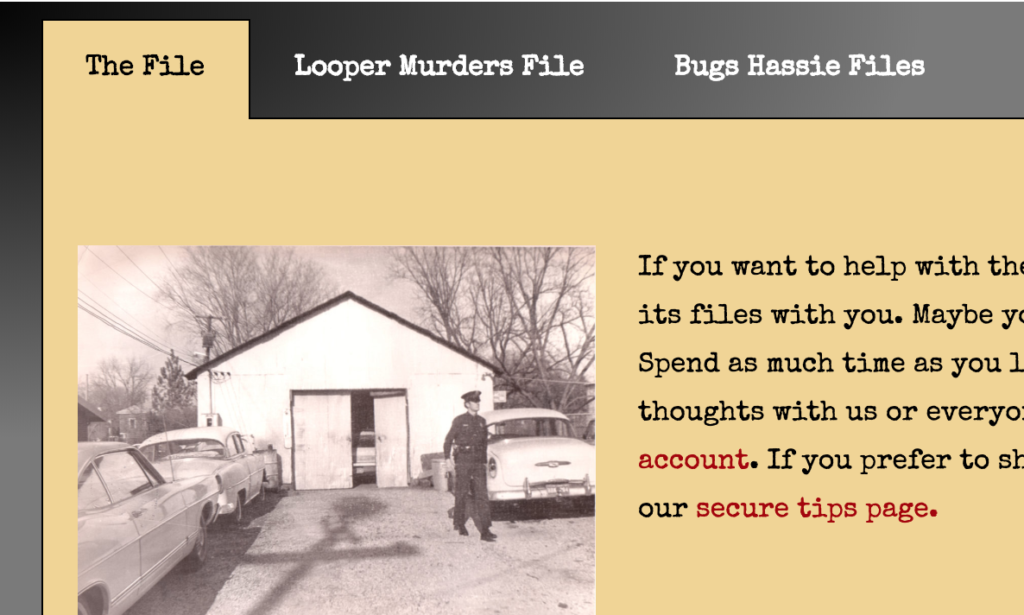
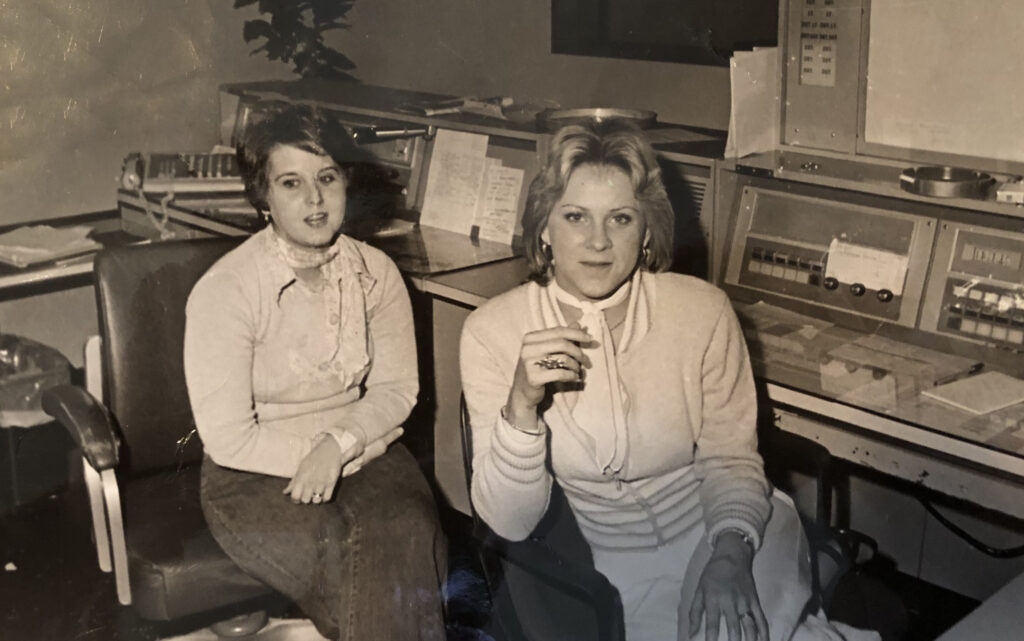

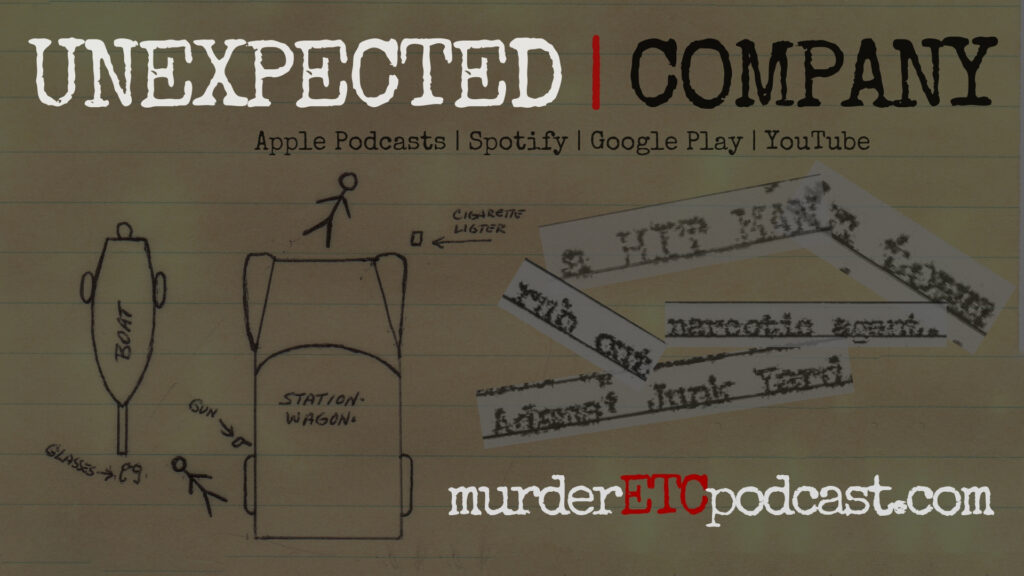
Show notes:
Unexpected Company opens in the 1975 Greenville County Sheriff’s Office dispatch room where dispatcher Danette Greene speaks to Frank Looper as he comes off his final shift. Within hours, Greene begins to help coordinate the response to the Looper murder investigations.
Host Brad Willis and independent investigator Andy Ethridge go back to the crime scene to study a revelation about how the suspected killer behaved in the moments leading up to the murders. That leads to another revelation about one possible reason four eyewitnesses from the crime scene were never called at trial.
The episode goes on to discuss the possibility of a hit man being involved in the murders, and reveals for the first time that police were told just days after the murder about who they could talk to, to investigate the allegations of contract murder and where they could go to find the killer’s car.

Featured interviews in Unexpected Company
5 comments on Episode 6: Unexpected Company
Comments are closed.
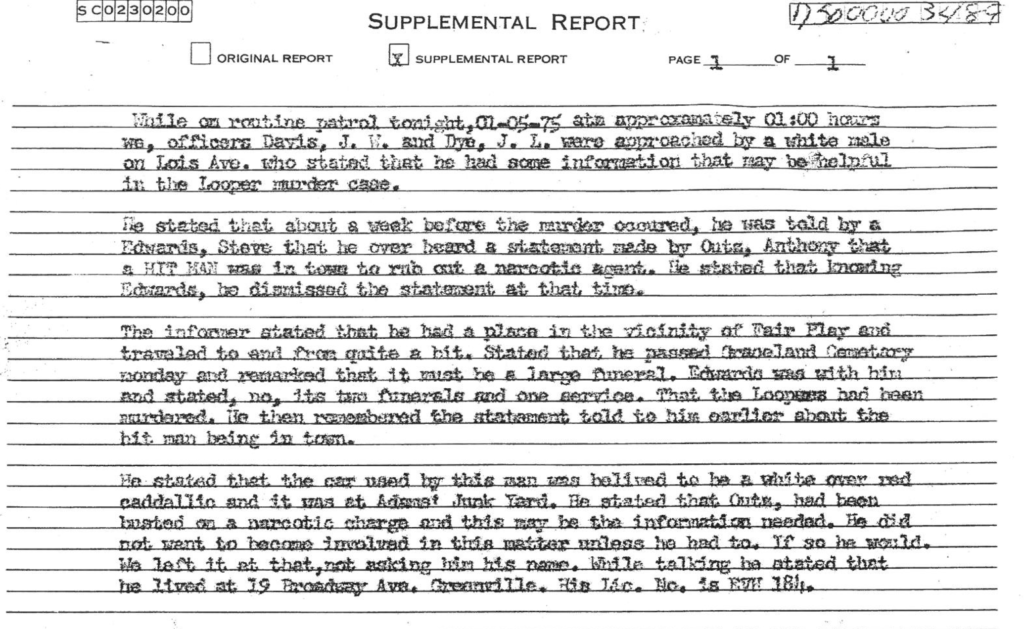
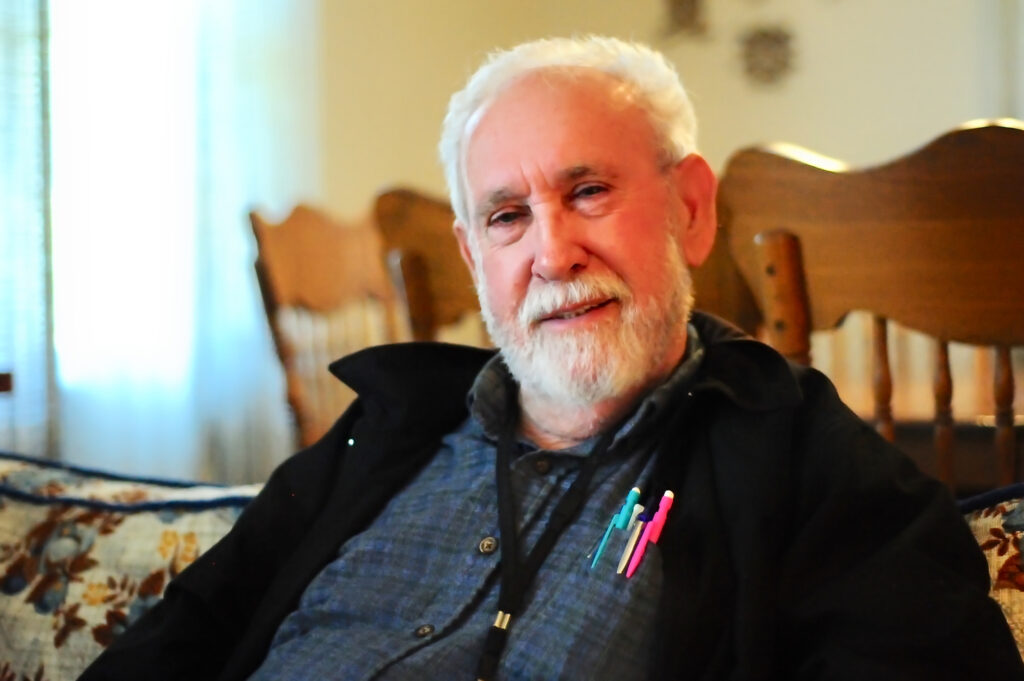
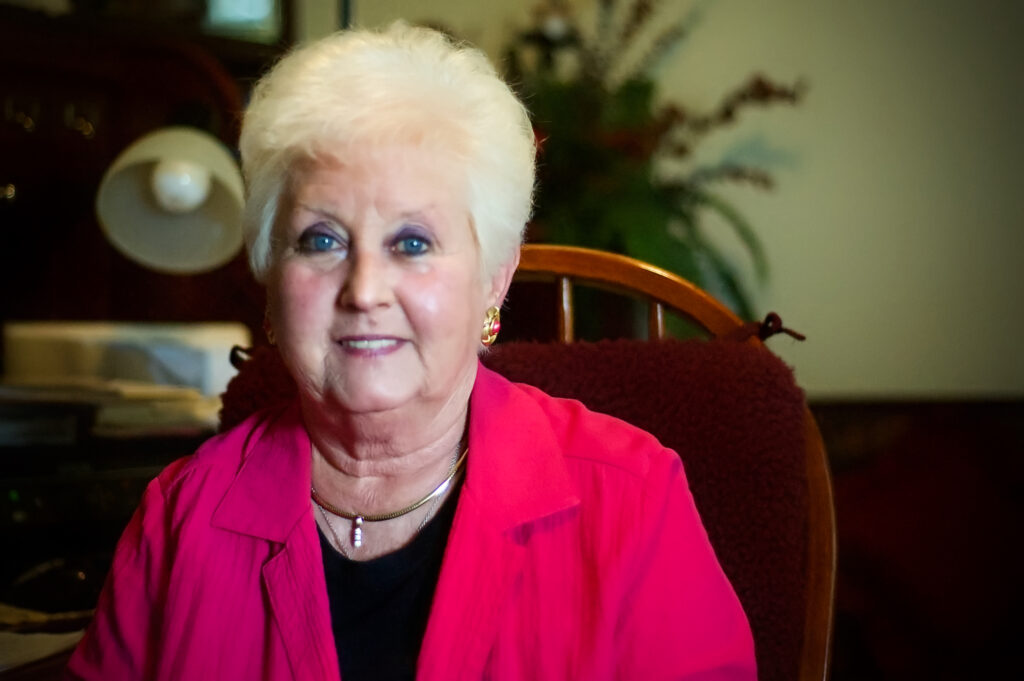
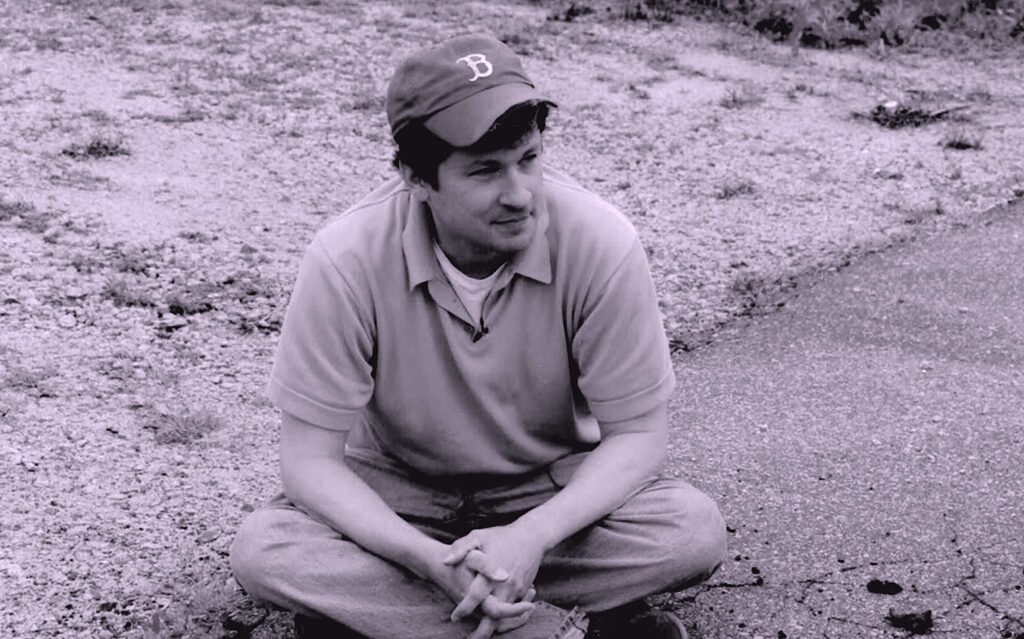
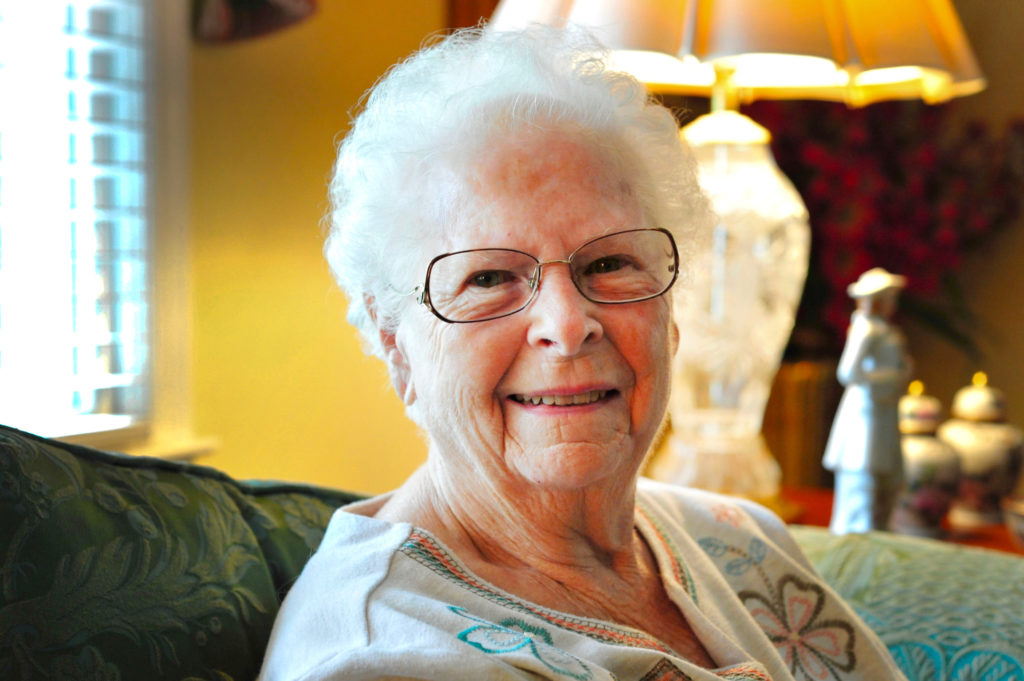
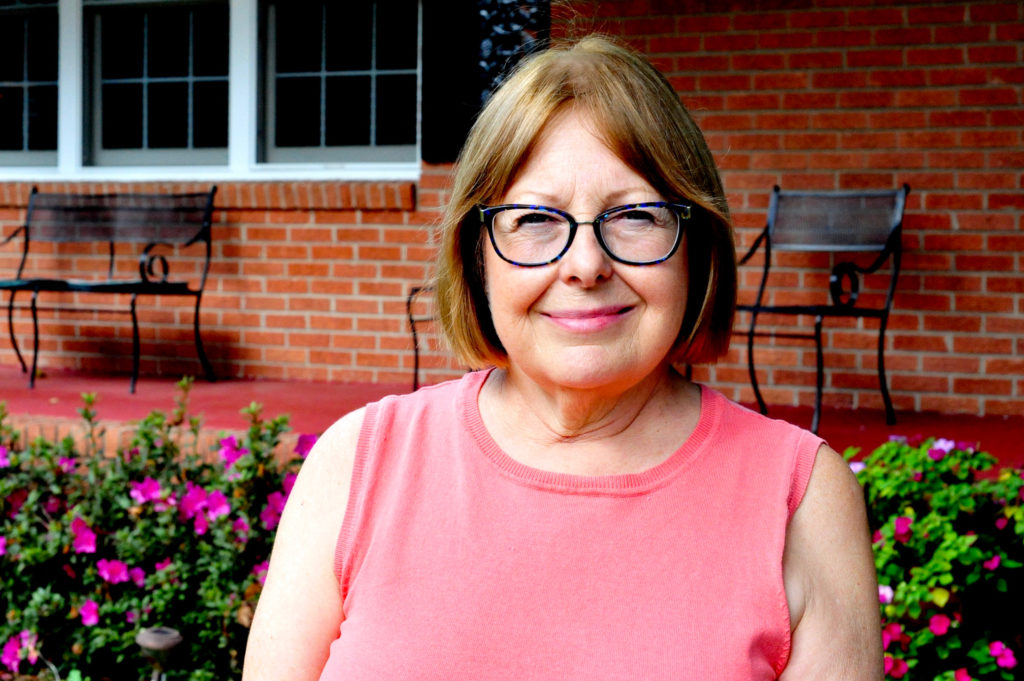
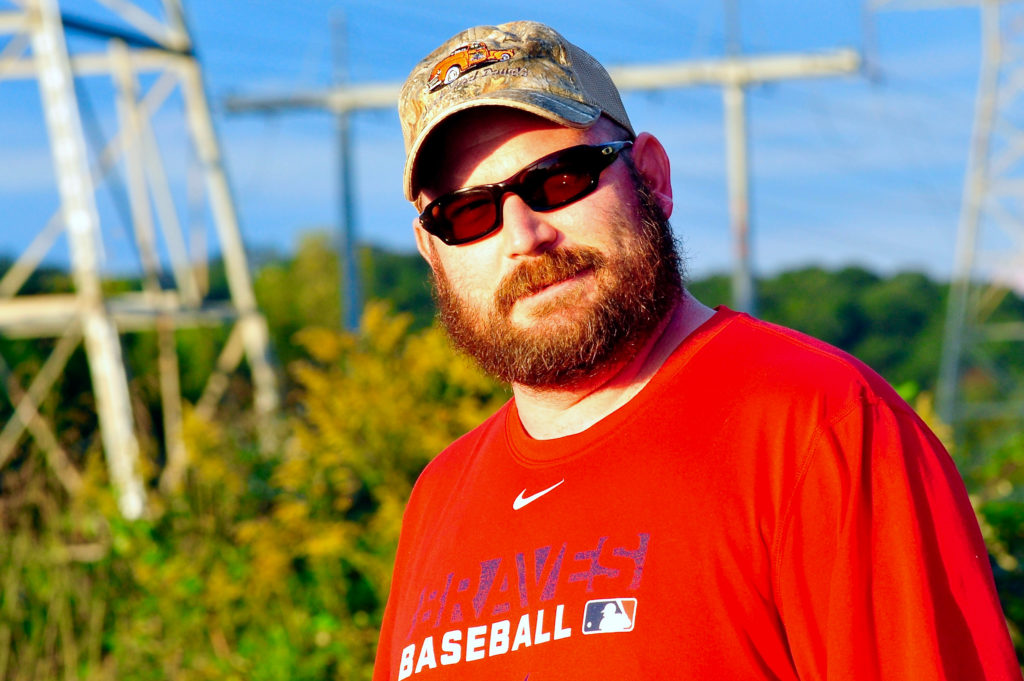
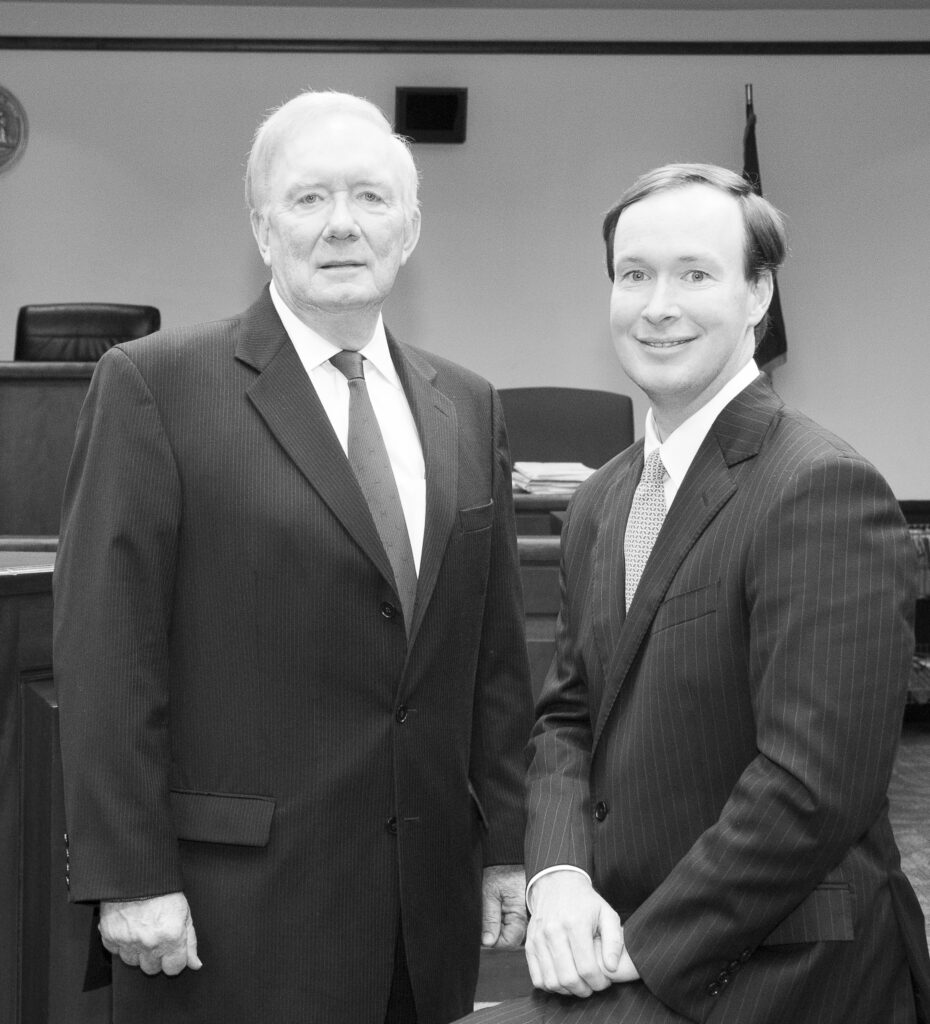

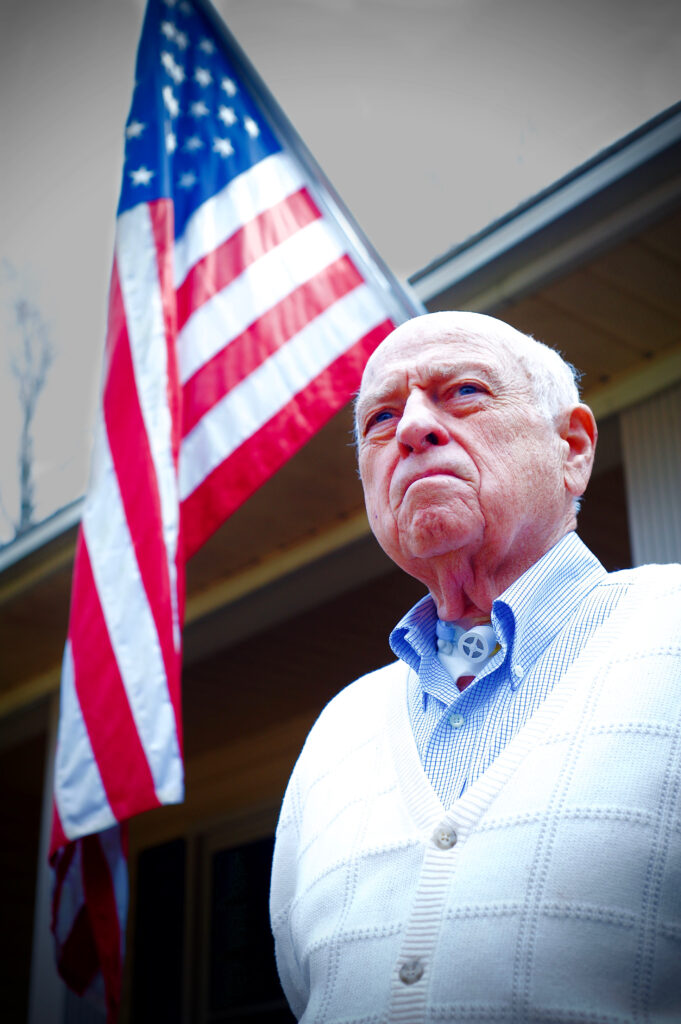
Another Great Episode , I can’t speak for others , but for me , the more I hear along with what I knew ” The Dots ” are beginning to be connected . If you are just tuning in to this series ,you should take the time to go back to the 1st Episode , then the 2nd , then the 3rd , then the 4th & 5th & don’t miss another one ” I am more confident than ever ” that by the end ,” some Big Names still walking around today ( along with some that are DEAD ) will be obvious that they were involved up to their eyeballs
Fast Eddie will know everything. If you can get to him 🙂
Are the eye witnesses still alive?
Who was the mayor at the time this happened? Might be worth your time to know.
Back in 70’s my Father played cards with a lot of names I’m hearing. This is Well done